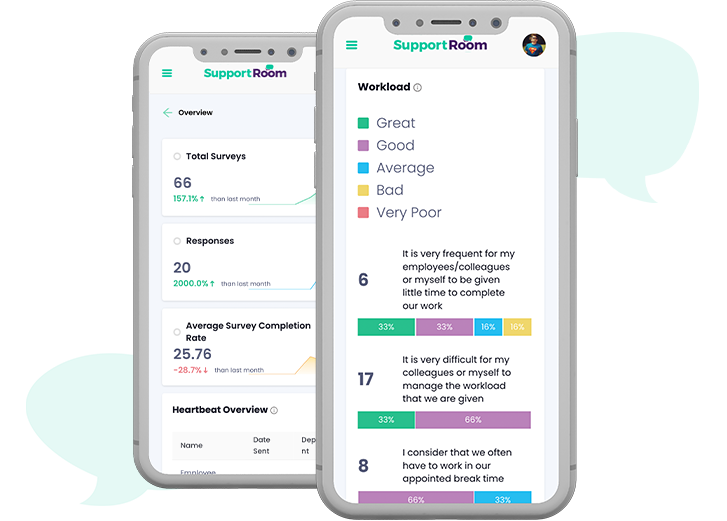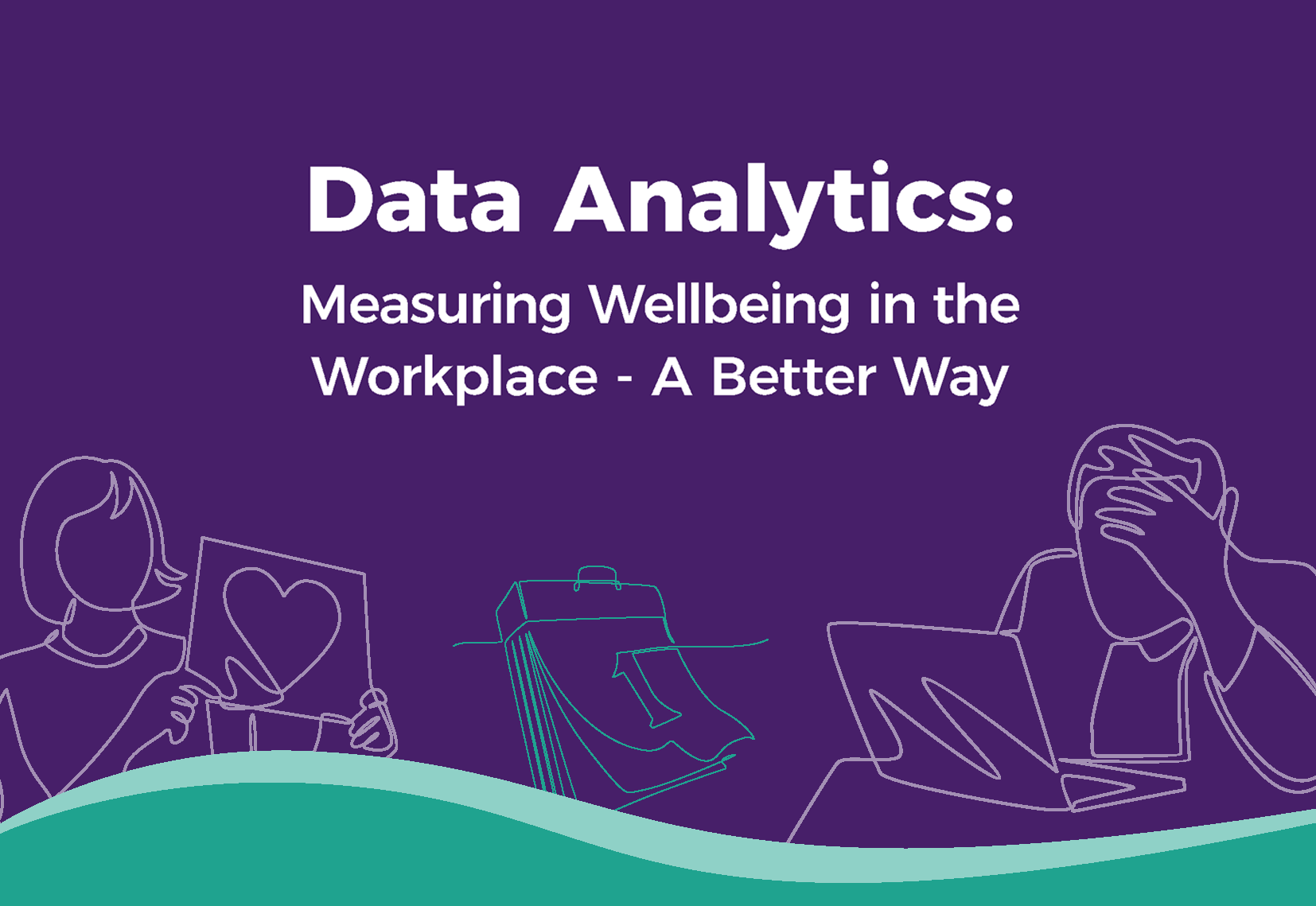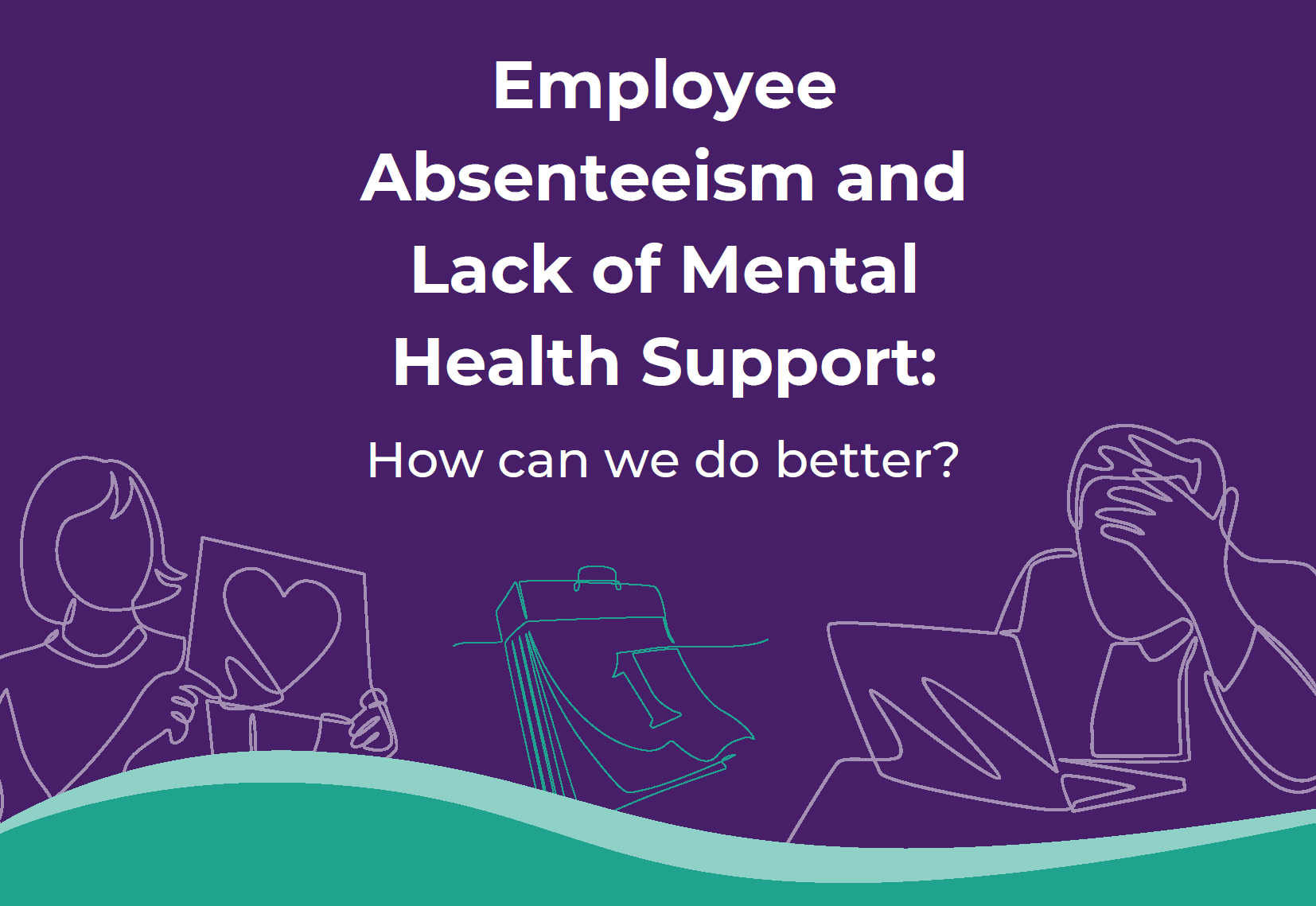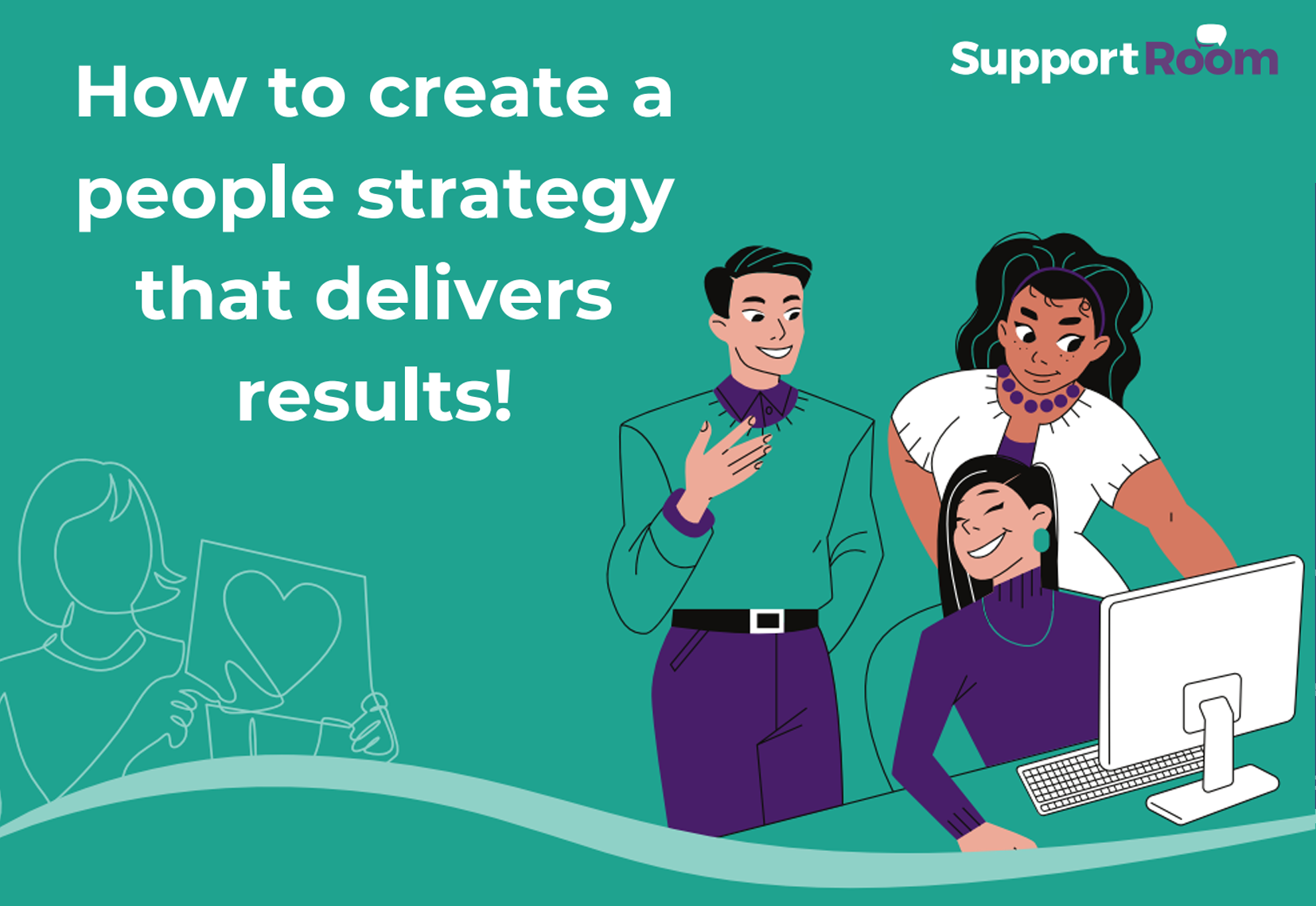We are all familiar with the positive quotes we see in our office or on our way to work here and there: ‘good vibes only’, ‘a positive attitude is key to success, ‘no bad vibes allowed’.
The rise of the personal development industry made sure that we never fall short of quotes that inspire and motivate us when we are at our lowest. However, mental health and work are still two interlinked aspects that have caught our attention in the last few years.
In a culture that values positivity and strength over anything else, talking about hardship and mental health at the workplace feels difficult. Because of this, many employees feel pressured to hide behind a forced smile and deny the challenging emotions they experience.
What exactly is toxic positivity in the workplace and how can it be detrimental to our mental health?
Signs of toxic positivity in the workplace
Toxic positivity means that we [un]intentionally dismiss someone’s feelings or experience while trying to look at the brighter side by all means. Although well-intentioned in theory, this type of behaviour can make people feel unseen and forced to put on a mask in their interaction with others. As a result of this, it can affect our mental health at work.
However, given the number of messages and prompts to positivity, it can be difficult to distinguish between a genuinely supportive work environment and one that wants employees to remain positive at all costs. Here are some signs that positivity is pushed a bit too much in your workplace:
- You don’t feel comfortable bringing up difficult issues because they don’t live up to the ‘positive vibes only’ expectations.
This leaves many issues unaddressed because your workplace values positivity more than logic and efficiency. A higher risk for this type of work environment are manipulative behaviours in which employees are made to feel guilty for bringing uncomfortable issues forward. - You find yourself holding back words that might appear critical.
It is normal that people will disagree with each other or have uncomfortable conversations in the workplace. After all, this is what diversity is about. Similarly, it is not uncommon that we express different views on certain results or offer constructive criticism.
This does not mean that we encourage abuse or direct harsh comments to someone. However, if your workplace insists that you should agree with everyone and everything to maintain an unrealistic positive environment, perhaps that positivity is not as healthy as we’d like it to be.
- You feel pressured to feel happy all the time and conceal difficult emotions.
When a co-worker asks you how you’re doing, you should feel comfortable admitting that you’re not having the greatest day. An environment that encourages toxic positivity will leave employees feeling unable to express other emotions besides excitement, happiness, and joy.
Surely, you will not always feel comfortable sharing personal matters or truly difficult emotions – but this should not mean that you have to fake how you’re truly feeling. Remember that your mental health at work is just as important as your productivity and results.
How can toxic positivity harm our mental health at work?
Even if we could be happy 24/7, this wouldn’t be a great goal. We need to recognise the potential downsides of our decisions and prepare for uncertainty. To do that, we have to acknowledge the less pleasant aspects of our lives and the people we interact with.
Ultimately, suppressing all other emotions except positive ones is not a great idea even from a mental health standpoint. Not admitting when we feel weak or stressed can increase our chances of becoming depressed and piling up our internal frustrations. This is seen in certain professionals who have to maintain a positive attitude all day long – such as social workers – who were found to consume more alcohol than other workers. The pressure to smile all day and focus on the positive can reduce self-control and impair our ability to recognise our true emotions.

Gain FREE access to Heartbeat
Get a free Heartbeat Survey.
Let us uncover the true state of your team’s wellbeing with a free mental health survey for your entire organisation.
Gain valuable insights to see how you can better support your team’s mental health and performance.
No pitch. No credit card required.
Dealing with an overly positive work environment
If you’re working in an environment that does not encourage authentic emotional expression, the only thing you can do is find your own ways of dealing with difficult emotions. Remember that you do not need permission from someone else to feel in a certain way. In the end, you are the only person responsible for what you want to feel at any given moment.
Be authentic and honest with yourself
Give yourself the permission to feel anything, despite what your work environment tells you. Emotions like sadness and anxiety are not necessarily bad if you offer yourself the space to process and work through them. Know when it is time to feel sad and when to let go of this emotion.
Promote emotional authenticity
If you notice that a colleague feels frustrated or has a difficult day, it is best to avoid telling them to ‘cheer up.’ This does not mean that you have to help them process all their feelings – after all, you are not a psychotherapist. Sometimes, the best approach is to listen, empathise, and refrain from advising them how they should feel. Giving people a safe space to be within their feelings is a great start to creating an environment where all emotions are accepted.
Shift the focus to mental health instead of positivity
Instead of making 24/7 positivity an end goal, try to aim for mental wellbeing instead. The latter refers to a state of mental balance, where people are empowered to deal with their emotions in a healthy manner. This is a way more realistic goal than trying to run away from all uncomfortable emotions.
Other ways in which you can improve mental health at work
Regardless of how much we’re trying to look after our own mental health, sometimes getting in touch with a professional is the best solution. At SupportRoom, we offer on-demand mental health support in the workplace for employees who want to get in touch with a therapist at any given time. Unlike normal therapy sessions that have to be scheduled in advance, we ease access to instant mental health support, whenever you need it.
If you want to get in touch with us, simply sign up. For more information and tips on mental health, check out the blog section of our website. Improving organisation mental health is our top priority, so we do our best to ensure that we help more employees become happier in the workplace.

Gain FREE access to Heartbeat
Get a free Heartbeat Survey.
Let us uncover the true state of your team’s wellbeing with a free mental health survey for your entire organisation.
Gain valuable insights to see how you can better support your team’s mental health and performance.
No pitch. No credit card required.






